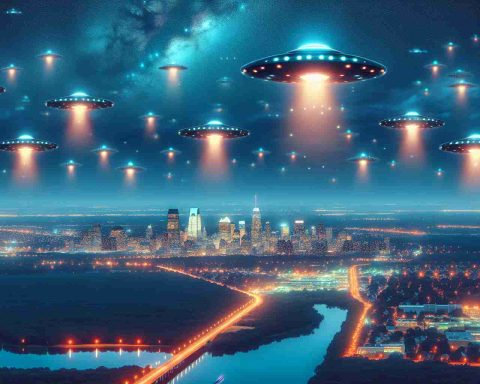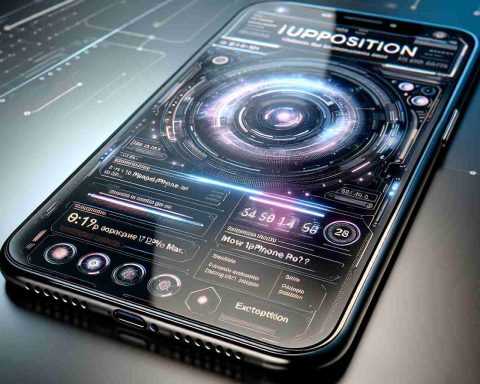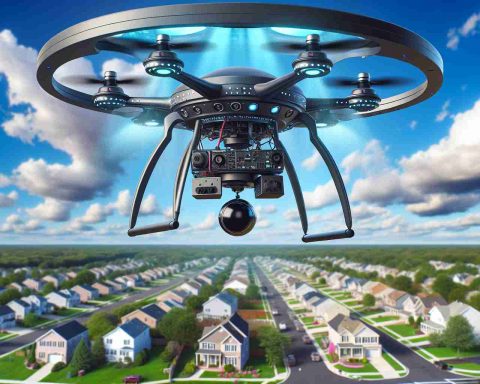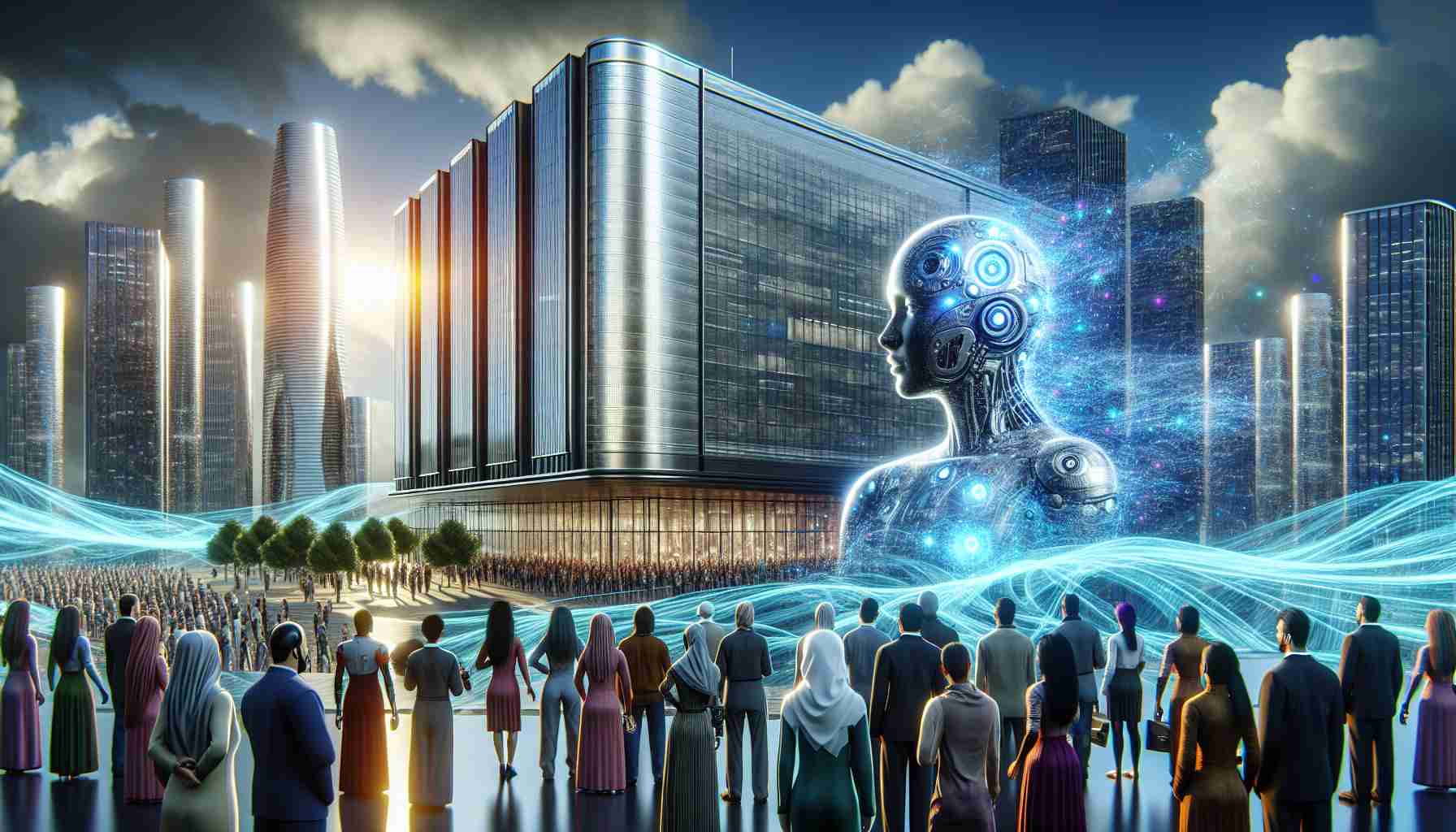During promotional appearances for her new film, “Back In Action,” actress Cameron Diaz made a provocative remark that has caught public attention. She humorously suggested that “Elon Musk is our president,” alluding to the tech mogul’s influence in modern politics while discussing extraterrestrial theories with co-star Jamie Foxx.
The comment was met with surprise, as Foxx displayed clear astonishment during the conversation. Diaz elaborated on her thoughts about aliens, expressing that our current technology and communication systems might be leading us toward a future where humanity resembles these hypothetical beings. She speculated about humanity’s migration to Mars and the potential evolution that could occur.
This playful banter occurs as Musk, currently the richest man in the world, is also reportedly a close ally of President-elect Donald Trump, following significant financial backing for Trump’s 2024 campaign. Their relationship has raised eyebrows, particularly regarding Musk’s role in shaping government efficiency under Trump’s administration.
Diaz, who stepped back from acting after her last film in 2014, is making a return to the screen, while Foxx continues to revitalize his career following health challenges in 2023. The pair’s lively exchanges indicate a shift back to Diaz’s public persona and hint at a broader commentary on the intertwining of politics and celebrity culture.
Unpacking Celebrity Influence on Society and Culture
As Cameron Diaz’s recent comments on Elon Musk illustrate, the intersection of celebrity, technology, and politics poses significant implications for contemporary society. The statement that “Elon Musk is our president” is more than just a whimsical quip; it underscores a broader cultural trend where influential personalities shape political narratives and public opinion.
The relationship between celebrities and politics has evolved, particularly in an era dominated by social media and instant news cycles. The way Diaz highlighted Musk’s impact hints at a burgeoning acceptance of tech titans as de facto leaders in public debate, often overshadowing traditional politicians. This blurring of lines creates an environment where public trust may increasingly rest in the hands of charismatic figures rather than elected officials.
In this context, the global economy finds itself at a crossroads. Musk’s ventures—from electric vehicles to space exploration—are not just corporate endeavors but also socio-political statements influencing large-scale economic shifts. For instance, Musk’s ambitions with Mars colonization could redefine industries, redirecting investment flows towards deep space missions and sustainable technologies. As companies pivot to align with Musk’s vision, we witness a trend towards innovation fueled by celebrity, potentially leading to increased wealth disparities as tech-savvy entrepreneurs rise alongside established corporate giants.
Furthermore, this intersectional engagement raises critical questions about the environmental implications of such technological advancements. While space exploration poses promises of data-driven solutions to Earth’s looming crises, it also risks promoting a mindset that prioritizes off-world investments over urgent terrestrial issues. Dialogues surrounding space colonization could shift focus away from addressing climate change and sustainable living on our planet, masking pressing global needs behind the allure of new frontiers.
Looking ahead, the long-term significance of these celebrity influences is multifaceted. As dialogues about potential extraterrestrial life evolve, they may signal a cultural shift towards existential optimism or underscore anxieties about our future on Earth. The notion posed by Diaz—that humanity might one day evolve into beings emulating those imagined in science fiction—delves into a more profound cultural introspection.
In summary, the implications of Diaz’s humor-laden commentary stretch beyond lighthearted banter. They reflect a cultural landscape where celebrity, technology, and politics inevitably intertwine, propelling society towards an uncertain yet exciting future. As public figures like Diaz and Musk shape the dialogue, the repercussions impact everything from economic structures to environmental considerations, fundamentally altering the trajectory of global society.
Is Elon Musk the Real Influencer of Our Time? Cameron Diaz Sparks Controversy
The Intersection of Celebrity, Technology, and Politics
In a recent promotional appearance for her upcoming film “Back In Action,” Cameron Diaz sparked intrigue and conversation with her playful yet provocative remark, suggesting that “Elon Musk is our president.” This comment emerged during a conversation about extraterrestrial theories with co-star Jamie Foxx, highlighting the growing influence technology leaders have in cultural and political spheres.
How Celebrities Shape Public Discourse
Cameron Diaz’s remark reflects a larger trend in which celebrities wield significant power over public opinion and discourse. Musk, consistently in the headlines as the world’s richest man and a key figure in technological advancement, embodies this phenomenon. His relationship with political figures, including recent backing of President-elect Donald Trump’s campaign, showcases the blurred lines between celebrity culture and politics.
Insights on Technology and Evolution
During the conversation, Diaz delved into speculative ideas about humanity’s future, pondering our potential migration to Mars and the evolution of human beings as we become more integrated with technology. This notion resonates with current trends in science fiction and futurism, evoking questions about how advancements in artificial intelligence and space exploration could alter human existence.
The Impact of Celebrity Partnerships in Politics
Elon Musk’s association with Trump has raised significant eyebrows, particularly regarding how his financial support could influence policy-making and the efficiency of government operations. This partnership illustrates a growing trend where technologists hold sway over political landscapes, underscoring the need for public scrutiny on such relationships.
The Return of Cameron Diaz
Cameron Diaz’s recent return to Hollywood after a hiatus since 2014 marks a significant moment in her career. As she rejoins the industry, her comments and presence will likely draw attention regarding not just her film, but also the conversation around celebrity influence in contemporary issues. Jamie Foxx, also revitalizing his career post-health challenges, adds to the potency of their discussions, merging their star power with societal inquiries.
Pros and Cons of Celebrity Political Involvement
Pros:
– Increased public engagement in political discussions.
– Ability to reach younger demographics who may idolize these figures.
– Potential for innovative ideas and perspectives brought by tech leaders.
Cons:
– Risk of oversimplifying complex political issues.
– Potential conflicts of interest and motives behind celebrity endorsements.
– The possibility of creating echo chambers where critical discussions are ignored.
Reviews and Reactions
Public reactions to Diaz’s comments have been mixed, with some praising the playful commentary while others express concern over the implications of technology’s increasing dominance in governance and societal structures. As discussions around these themes evolve, further analysis on how such celebrity statements guide public perception will be essential.
Conclusion: The Future of Celebrity Influence
As we navigate an era where the lines between entertainment, technology, and politics blur, celebrities like Cameron Diaz and Elon Musk will undoubtedly play pivotal roles in shaping future discourse. Their interactions not only reflect current societal attitudes but also demand deeper examination of the implications tied to celebrity influence in the fabric of modern life.
For more insights on the intersection of celebrity, technology, and politics, visit CNN for up-to-date news and analysis.




















